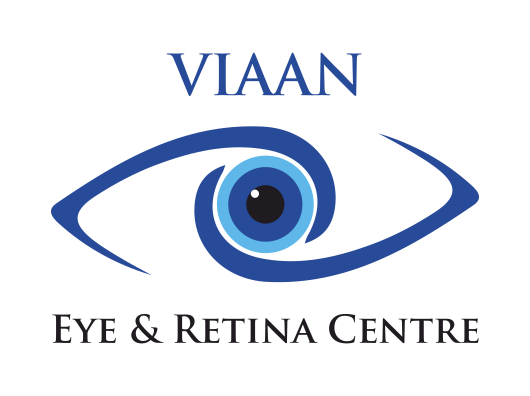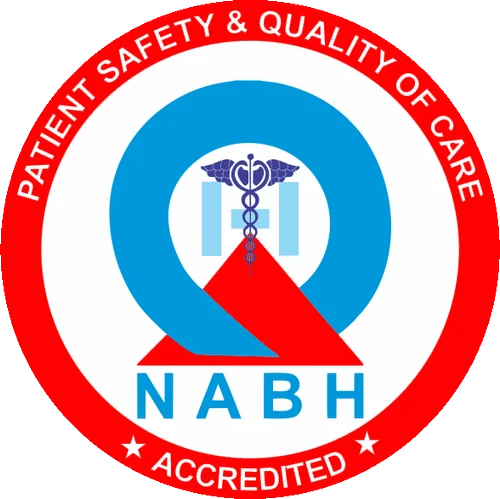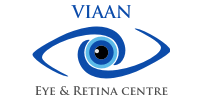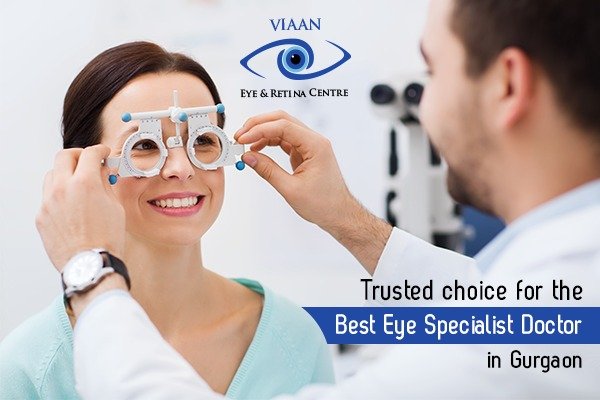Ensuring the health of your eyes is a significant aspect of overall well-being, and finding the right eye specialist doctor is key to maintaining optimal vision. In the vibrant city of Gurgaon, a myriad of options awaits those seeking the best in eye care. This article aims to guide you through the essential factors to consider when choosing an eye care specialist in Gurgaon, ultimately leading you to a trusted choice for your visual health.
The Best Eye Specialist Doctor In Gurgaon
Qualifications and Specialization
The foundation of an excellent eye specialist doctor begins with their qualifications and specialisation. Look for professionals who have completed reputable educational programs, possess relevant certifications, and specialise in areas aligning with your specific needs. Whether it’s routine eye examinations, corrective procedures, or complex surgeries, a qualified specialist ensures you receive the most accurate and effective care.
Reputation and Recommendations
The reputation of an eye specialist doctor often speaks volumes about their commitment to patient satisfaction. Seek recommendations from friends, family, or colleagues who have had positive experiences with eye care professionals in Gurgaon. Online reviews and testimonials can also provide valuable insights into the reputation of a particular specialist, helping you make an informed decision.
Cutting-Edge Technology and Facilities
Modern eye care relies heavily on advanced technology for accurate diagnoses and effective treatments. When selecting an eye specialist doctor, inquire about the equipment and technologies they use for various procedures. A commitment to staying abreast of the latest advancements in the field demonstrates a dedication to providing the best possible care to patients.
Comprehensive Services
The best eye specialist doctor offer a comprehensive range of services to address various eye conditions and concerns. From routine eye exams to specialised treatments for conditions like cataracts, glaucoma, and diabetic retinopathy, a diverse array of services ensures that your specific needs can be met under one roof.
Patient-Centric Approach
A patient-centric approach is a hallmark of an excellent eye specialist doctor. A welcoming and knowledgeable staff, coupled with clear communication, contributes to a positive healthcare experience. Specialists who take the time to explain procedures, answer questions, and involve patients in decisions about their eye health build trust and confidence.
Trusted Choice in Gurgaon
Amid the numerous options for eye care in Gurgaon, Viaan Eye, and Retina Centre stands out as a trusted choice. Operated by the highly regarded eye specialist doctor Dr. Neeraj Sanduja and his dedicated team, the center excels in providing comprehensive eye care services. With over 20 years of experience, Dr. Neeraj Sanduja specializes in various areas, including Phacoemulsification, Vitreoretinal Laser Surgery, and the treatment of diseases affecting the retina and UVEA
.
Conclusion
Choosing the right eye specialist doctor in Gurgaon involves considering qualifications, reputation, technology, services, and a patient-centric approach. By prioritising these factors, you can make an informed decision that aligns with your specific eye care needs. For those seeking a trusted choice, Viaan Eye and Retina Centre, led by Dr. Neeraj Sanduja, exemplifies excellence in eye care, combining expertise with a patient-focused approach for the best possible outcomes.
Explore the depths of ocular health and advanced retina surgical solutions by visiting our website. For a comprehensive understanding of eye care and retina surgery, connect with us directly. Visit our online platform or reach out to us via phone at 91-995806515. Alternatively, schedule an in-person consultation to personally experience our commitment to optimal retina care.
Frequently Asked Question
1: How often should I have an eye examination?
It is recommended to have a comprehensive eye exam at least once every two years for adults with no known eye issues. However, individuals with existing eye conditions or those over the age of 60 may need more frequent exams, as advised by their eye care specialist.
2: How do I know if I need glasses or contact lenses?
If you experience symptoms like blurry vision, difficulty focusing, eye strain, or headaches, it’s advisable to schedule an eye exam. An eye care specialist will assess your vision and prescribe glasses or contact lenses if needed, helping you achieve clear and comfortable vision.
3: What are common signs of eye diseases that I should be aware of?
Common signs of eye diseases include sudden changes in vision, persistent eye redness or irritation, frequent headaches, sensitivity to light, and seeing flashes or floaters. If you experience any of these symptoms, it’s crucial to consult with an eye care specialist promptly.
4: How can I protect my eyes from digital eye strain?
To reduce digital eye strain, follow the 20-20-20 rule: take a 20-second break every 20 minutes and look at something 20 feet away. Additionally, ensure proper lighting, use anti-glare screens, and adjust your monitor’s position to minimise eye strain during prolonged screen use.
5: What are the risk factors for developing glaucoma?
A5: Risk factors for glaucoma include age (especially over 60), family history, certain medical conditions (like diabetes), and prolonged use of corticosteroids. Regular eye exams are crucial for early detection and management of glaucoma.
6: How does cataract surgery work, and is it a safe procedure?
A6: Cataract surgery involves removing the cloudy lens and replacing it with an artificial lens. It is a common and safe procedure with a high success rate. Modern techniques, such as phacoemulsification, have made cataract surgery minimally invasive and highly effective.
7: Can children wear contact lenses, or are they better suited for glasses?
Children can wear contact lenses, but the decision depends on factors like the child’s age, maturity level, and ability to handle and care for the lenses. An eye care specialist can assess the child’s suitability for contact lenses during a comprehensive eye exam.
8: What is diabetic retinopathy, and how can it be managed?
Diabetic retinopathy is a complication of diabetes that affects the blood vessels in the retina. Management involves controlling blood sugar levels, regular eye exams, and, in advanced cases, treatments like laser therapy or injections to prevent further vision loss.
9: Are eye exams covered by insurance, and how can I verify my coverage?
Many insurance plans cover routine eye exams, but coverage may vary. It’s advisable to check with your insurance provider to understand your specific coverage for eye care services. The eye care specialist’s office can also assist in verifying insurance coverage.
10: What makes Viaan Eye and Retina Centre a trusted choice in Gurgaon?
Viaan Eye and Retina Centre, led by Dr. Neeraj Sanduja, is renowned for its comprehensive eye care services, advanced technology, and patient-centric approach. With over 20 years of experience, Dr. Sanduja specializes in various eye conditions, making the center a trusted destination for quality eye care in Gurgaon.




